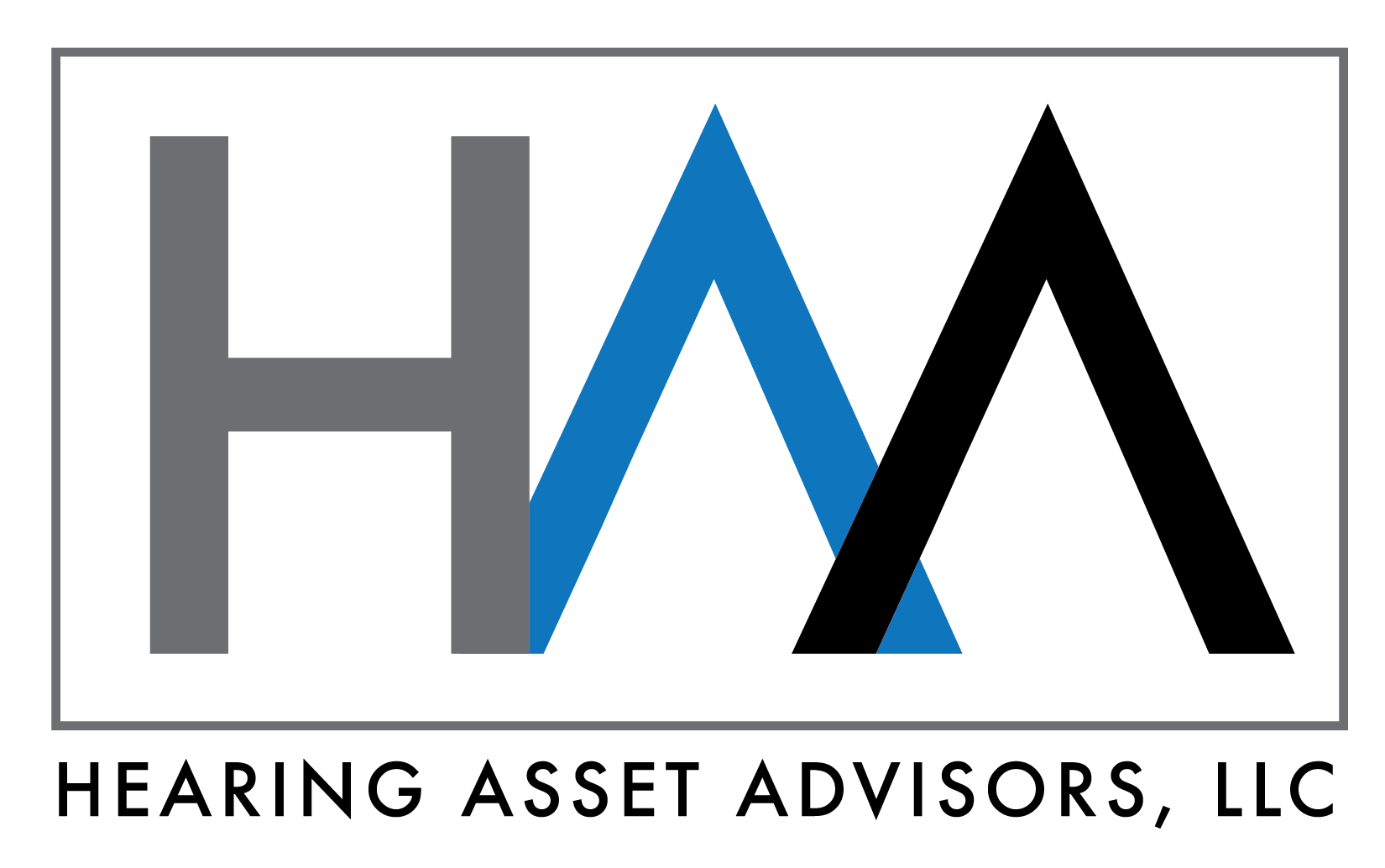How Improved Negotiation Tactics Can Benefit Your Deals

There is no underestimating the importance of negotiation when you are buying or selling a business. Let’s take a look at some of the most often used strategies and our recommendations.
The Direct Approach
One approach in negotiations is what we often refer to as the “take it or leave it” strategy. In this scenario, the buyer makes an offer, and the seller then counters that offer. There is little negotiation work necessary, as both parties are direct and simple about the numbers and terms they propose. The drawback to this approach, however, is that when it doesn’t work, there is little to no recourse. When this “direct approach” offer isn’t accepted by one of the parties, there is little opportunity for flexibility on either side. Therefore, the direct approach can be somewhat of a risk.
Focusing on Influential Details
There are typically certain aspects of a deal where a buyer or seller is unwilling to compromise. Sometimes this aspect isn’t even financial in nature. It could be anything from the desire to move the business to a new site, to employment of a friend or relative. Once the negotiations embrace and include these non-negotiables, it can help expedite a successful deal.
Splitting the Difference
A common approach that is seen when buying or selling businesses is that one side offers to split the difference. Unlike the direct approach, there is a good deal of flexibility here. When one party shows that they are open to split the difference, it is often seen as a way to keep negotiations going. Another point in favor of this approach is that communication continues. Obviously when one or both sides stop talking, the deal has not been successful.
Third Party Involvement
When it comes to finding solutions and resolutions, having a third party involved is tremendously beneficial. When you bring in a business broker or M&A advisor, that individual can then help facilitate the negotiated solutions. This third party is seen as skilled, yet also more of an impartial party. Business brokers and M&A advisors also have many years of experience encouraging buyers and sellers to understand and work with one another.
Your brokerage professional can help both parties agree to a fair price while handling the aspects of all the small details involved in buying and selling businesses. Negotiations almost always benefit from having a professional involved, as they bring a different, and much needed, perspective to the table.
Copyright: Business Brokerage Press, Inc.
The post How Improved Negotiation Tactics Can Benefit Your Deals appeared first on Deal Studio – Automate, accelerate and elevate your deal making.
How Leases Factor into Business Sales

If you’re planning to buy or sell a business that involves a lease, this can lead to an extra level of complication. Oftentimes, such as in the case of a restaurant or retail establishment, the location is essential to the success of the business itself. That means that if you’re buying a business, you’ll have to make sure any lease issues you might encounter are straightened out before you sign on the bottom line. But even if you’re buying a business that isn’t location-sensitive, you’ll still want to iron out all the details about your lease ahead of time.
Negotiating a Lease
If you’re buying a business with a lease, one word of advice is to have a clear way out of the lease in the near future. After all, with a business so new to you, you might make changes in the short term. The general recommendation is to negotiate a one-year lease that has an option for a longer period of time.
In many instances, the buyer of a business with a lease will find that he or she doesn’t have too much leverage. However, buyers typically find that there is more opportunity to negotiate if the lease is close to its expiration date or the business is performing poorly.
Future Contingencies
When you’re first negotiating your lease, you may also want to think about the big picture. For example, if your business is in a mall, you might want to confirm that no future tenants will be allowed to move in and be your competition. Along similar lines, some businesses located in shopping centers seek to outline a reduction of rent if the shopping center’s anchor store were to close, as that could negatively impact the business.
When you negotiate your lease, you’ll also want to think about the far-off future when you’d like to sell the business. You will want to make sure that the landlord allows for lease transfers, and you’ll want to confirm the requirements necessary for a potential transfer.
Another thing to consider is what if the property did become available in the future? If this were to occur, you might want to negotiate the option to potentially buy the property. Otherwise, you might find yourself in an unfortunate situation where you are forced to move your establishment.
Basics for Your Lease
A lease should always outline your responsibilities as well as those of your landlord. Make sure you carefully review the lease with your attorney. You’ll want to be sure that you thoroughly understand all the terms. It should cover various issues that might arise in the future and how they will be handled. For example, if there were a fire or disaster, who would pay to rebuild the building? How are the taxes, fees and maintenance handled for the property?
Unfortunately, in some situations a landlord’s lack of flexibility with a lease has even sunk a deal. If the landlord is unwilling to agree to a new lease or offer concessions to an ongoing one, buyers often will find the situation too restrictive. In certain instances, however, sellers have been willing to offer concessions to buyers to counterbalance issues with a lease.
The fate of your business could literally depend on your lease. If you set things up correctly in the beginning, it will most likely benefit you tremendously in the long run.
Copyright: Business Brokerage Press, Inc.
The post How Leases Factor into Business Sales appeared first on Deal Studio – Automate, accelerate and elevate your deal making.
How Can You Identify a Serious Buyer?

No one wants to waste their time and energy trying to sell their business to someone who isn’t actually planning to buy. That’s why it’s so important for you and your business broker or M&A advisor to focus on the most qualified and serious buyers. But how can you really make these kinds of assessments about a buyer’s viability until they sign on the dotted line? Let’s take a look at some signs that will help you figure out your buyer well in advance.
Do they have a history of ownership?
When someone has owned a business in the past, they have a firm understanding of what is involved. As a result, they are more likely to be a serious buyer. It also means they are more likely to move forward. You will also find that they have the ability to make a substantial down payment and financing options. While they might want you to help them with financing, you should still be looking to ensure they will put their own capital at risk as well.
Are they seeking information about your cash flow?
If a buyer is serious, it goes without saying that they will want to make sure the business is profitable. They should be asking a lot of questions about not only your cash flow, but also your inventory. If you have unusable inventory this could be of concern to a buyer. Be sure to disclose this information upfront, as it will likely be discovered in the due diligence process regardless.
Are they asking about the health of your staff?
Any real buyer would want a dedicated and reliable staff. If your buyer is asking about salaries, it is a good sign that they are serious. After all, if you’re only paying minimum wage, chances are that your staff will not have a lot of staying power. These days, many companies are suffering due to staffing issues, and it’s something that should be front and center in any serious buyer’s mind.
Do they have an interest in the industry?
If your prospective buyer is asking questions about the industry, that is another good sign. After all, who would really want to buy a business without detailed knowledge about the industry they are about to enter? Along the same lines, if you know your buyer has experience in a given industry, it means they are more likely to go through with a purchase. If they lack experience in your industry, do they at least seem passionate about the industry? If they seem like they are not asking probing questions, this might mean they are wasting your time.
Are they asking about capital expenditures?
Your prospective buyer will want to know how money is being spent. You can expect them to make sure that major expenses have already been paid for as they will want to make sure they won’t be caught off guard by large pending purchases.
Do you have professional assistance?
The bottom line is that the more in-depth questions a person is asking, the more serious they are likely to be. Your business broker’s job is to screen prospective buyers. Years of experience doing so helps them know the warning signs that pop up when buyers profess to be interested, but are not likely to go through with the sale.
When you are trying to sell your business, it is critical that you focus your time wisely. Your brokerage professional will help ensure that you do not waste time working with people who are just kicking the tires.
Copyright: Business Brokerage Press, Inc.
The post How Can You Identify a Serious Buyer? appeared first on Deal Studio – Automate, accelerate and elevate your deal making.
Are You Cut Out to Own a Business?

There are clearly qualities that make a person an ideal candidate to be a business owner. On the other side of the coin, however, it’s clear that owning a business isn’t for everyone. Let’s take a look at some of the unique personality aspects that help motivated individuals identify owning a business as a good fit for them.
You Seek to Guide Your Destiny
A common reason people become business owners is that they want to have more control over their lives. After all, if you’re working for someone else, your fate is never truly in your own hands. You can always be fired or let go. When you are a business owner however, not only do you have control over your job itself and the tasks you accomplish on a daily basis, but you can also determine who you work with and where you work. You also need to have optimism to keep working with the belief that things are moving in a positive direction.
You are Comfortable with Risk
When you take the role of business owner, you invite a certain degree of risk into your life. That means you are responsible for the success of your business, and you will also have a team of people depending on you. That’s why it’s so important to have a clear vision for the business before you take on the responsibility. You are likely to invest a great deal of your own money into the venture. You may even have to put up valuable assets as collateral, such as your house. You may also have to make sacrifices such as taking a reduced income as the business gets off the ground. It’s important for business owners to possess the inner strength to stay motivated and on track to keep the business growing.
You are Motivated
People who make good business owners are typically inspired by the idea of growing their income, and they are willing to put in the work to achieve that goal. The idea of making key decisions to grow their business is something they find exciting. The truth is, the longer you own your business, the more money you will make. Often you will have to exercise patience in order to reap the financial benefits you’re seeking.
You are Collaborative
Not everyone is great at collaboration. As a business owner however, you will need to work well with others for the business to be a success. It’s rare to do everything on your own. That’s why you need to be a good communicator and will need to be talented at managing others. Great business owners are bosses that are disciplined, self-aware and able to operate comfortably with a high degree of vulnerability.
Before you decide to own a business, it makes sense to do some self-reflection to ensure that your personality really does lend itself to being a business owner. If you have questions about what owning a business entails, be sure to discuss this topic with a business broker or M&A advisor.
Copyright: Business Brokerage Press, Inc.
The post Are You Cut Out to Own a Business? appeared first on Deal Studio – Automate, accelerate and elevate your deal making.
Can You Buy a Business Without Collateral?

If you’ve ever gotten any type of substantial loan, chances are that you’re already familiar with the concept of collateral. This is when something of value is pledged as security. As a result, the lender has something of value that they could potentially take if the loan is not repaid. Collateral is designed to protect the lender. Of course, the most common example of collateral is your house when you have a mortgage.
Oftentimes, those looking for a loan to buy a small business wonder if they can do so if they have no collateral. Let’s take a closer look at some of the most popular options in this situation.
The 7(a) Loan Assistance Program
If you’re lacking collateral and looking for a business loan, it’s a good idea to check with the Small Business Administration. The SBA 7(a) loan is one of their most popular programs. While it can be used for establishing or acquiring a new business, it’s also commonly used for long and short-term working capital, refinancing business debt, or the purchase of real estate or equipment.
The SBA guarantees up to 75 percent of the amount of the loan if you can contribute 25 percent of the money. This can be a very good option for buyers who don’t want to contribute collateral. You can even use cash that came as a gift from investors. As a result, this program is frequently used by first time business owners. More information is available here: https://www.sba.gov/funding-programs/loans/7a-loans.
One thing you’ll want to note about the 7(a)-loan program is that the seller will not be able to receive payments for two years. As a result, the seller may request or require some other kind of incentive.
Seller Financing Options
Seller Financing happens more often than you would think and is another great way of buying a business without collateral. Most sellers are motivated and will agree to help with financing. Some buyers have even combined SBA loan 7(a) program with seller financing for maximum results.
If you are looking for creative financing options, be sure to talk to your business broker or M&A advisor about the specifics of your situation. You can also look to S.C.O.R.E to receive information about best practices for proceeding.
If you’re looking to buy a business and have no collateral, just remember that people use ingenuity to buy businesses every day. You just need to set your goal and be determined to reach it.
Copyright: Business Brokerage Press, Inc.
The post Can You Buy a Business Without Collateral? appeared first on Deal Studio – Automate, accelerate and elevate your deal making.
What is a Partnership Agreement?

A partnership agreement is a legal document that provides an outline of how a business will be run. This agreement will often be used by small for-profit businesses when two or more people are involved. It’s an essential document to have, especially in the case when a dispute arises between partners. Even if you have gone into business with a friend or relative, you should have this document in place to make sure everyone is protected. Let’s take a look at some of the key elements that should be in this document.
The Basics
It goes without saying that your partnership agreement should include the basics, such as the name of the business and the names of key parties involved. You’ll also want to outline the goals of your partnership and how long it will last.
Rules and Responsibilities
When you create your partnership agreement, you’ll want to make sure it offers a lot of clarity on different points with an eye to everyone’s responsibilities. Think through what concerns or disagreements could possibly arise and then outline how you would solve them.
Financial Issues
You’ll want to cover everything involving finances in your agreement. This should include key points on income and how it will be distributed. You will also want to clearly outline the ownership interests of each partner involved. Also be sure that the agreement includes the accounting obligations of the partners, and how you’ll handle salaries, vacation, sick leave, etc. Also think about the funds that will be necessary to operate the business. Who will be contributing these funds?
Partners and Staff
The partnership agreement should also cover points involving the work itself. Who is in charge of managing your staff? What kind of authority role does each partner have? What if you decide to bring in a new partner? The agreement should discuss the procedure for adding people to your partnership and what that entails.
Issues Involving Key Decisions
Another important issue to explore and detail in the agreement relates to decision making. How will your company make its business decisions? What will occur if a conflict cannot be resolved? Will you go to court or take another route? What if the partnership was terminated? What would the terms and conditions of your termination be?
When your partnership agreement is under your belt, it should empower you to feel confident in the core structure of your business and its ability to function smoothly.
Obviously, you’ll want to avoid the DIY approach and instead work with an experienced attorney. While it might take more time and money to do so, you’ll be glad that you hired a professional if and when you run into conflicts down the line. Your business broker or M&A advisor should be able to recommend a lawyer who has experience crafting partnership agreements.
Copyright: Business Brokerage Press, Inc.
The post What is a Partnership Agreement? appeared first on Deal Studio – Automate, accelerate and elevate your deal making.






